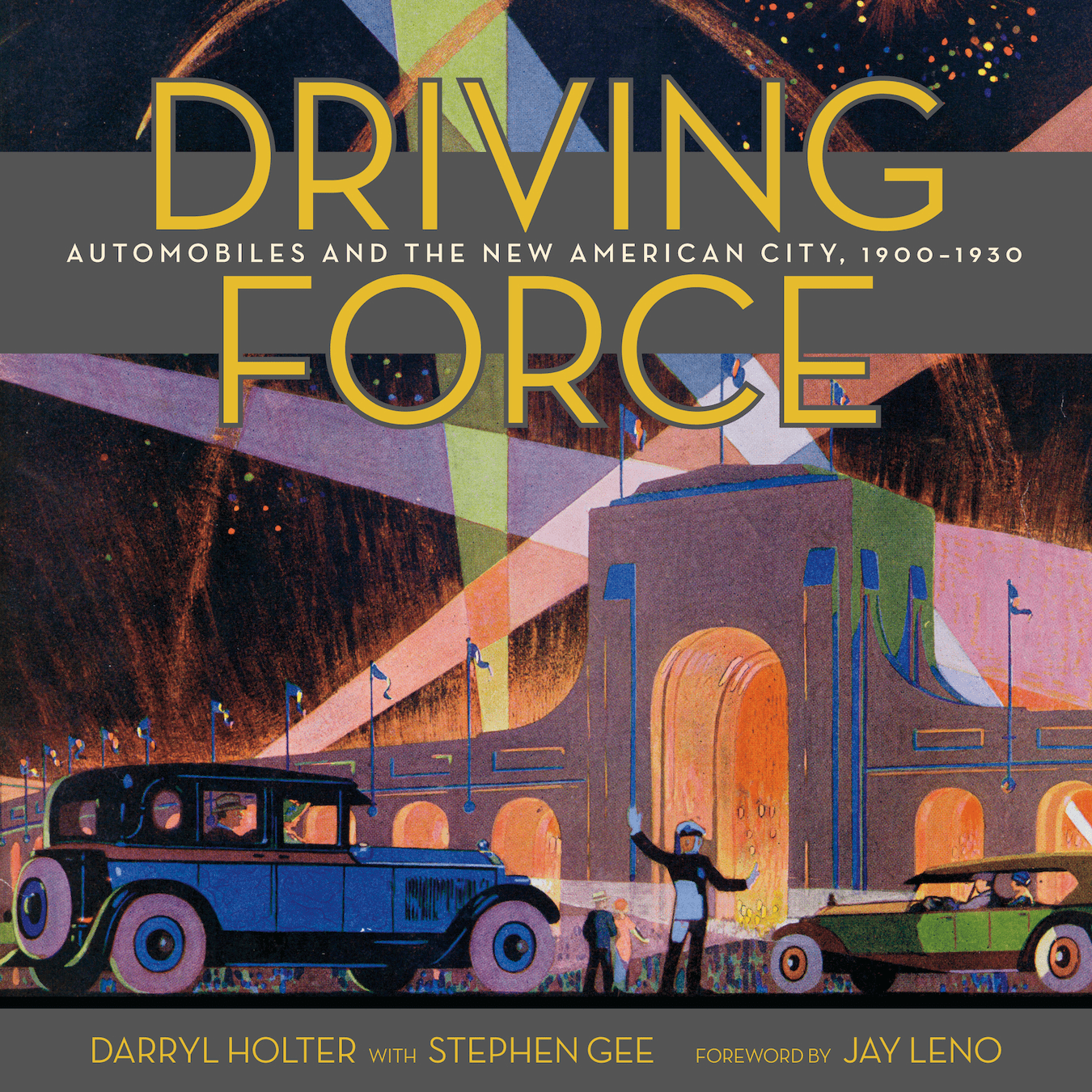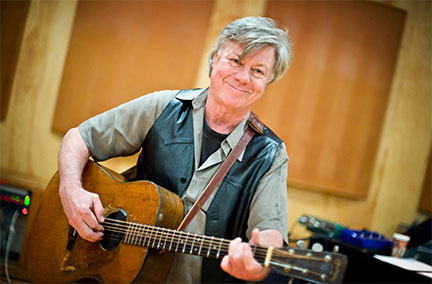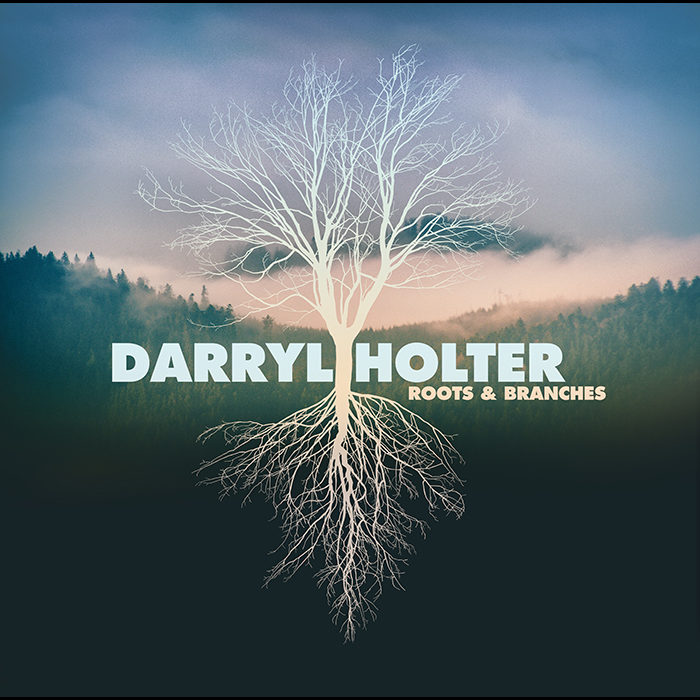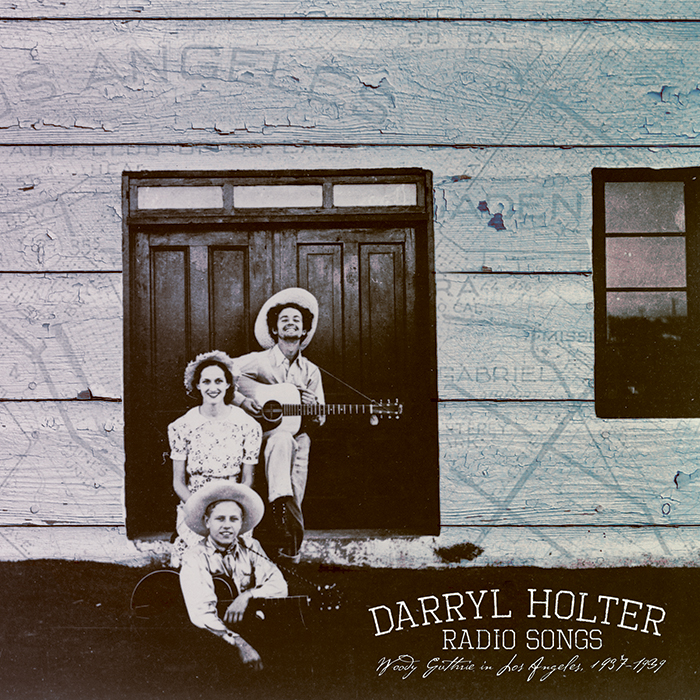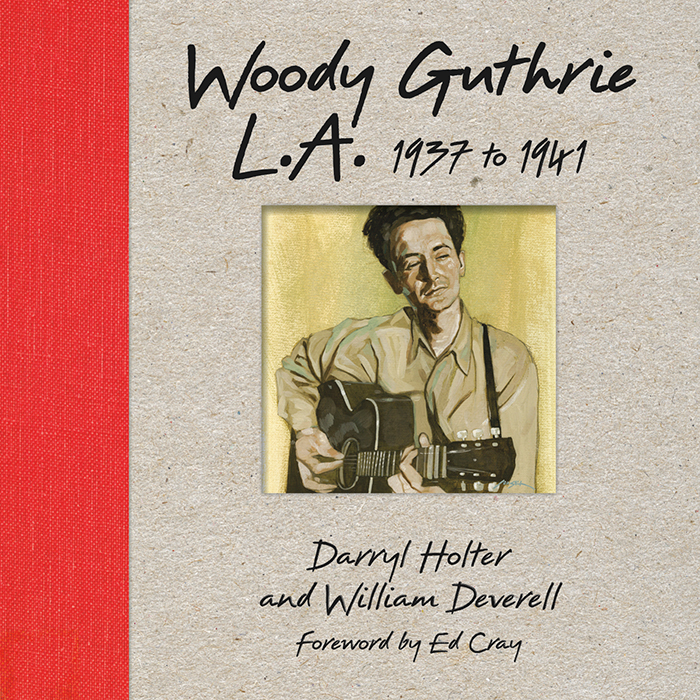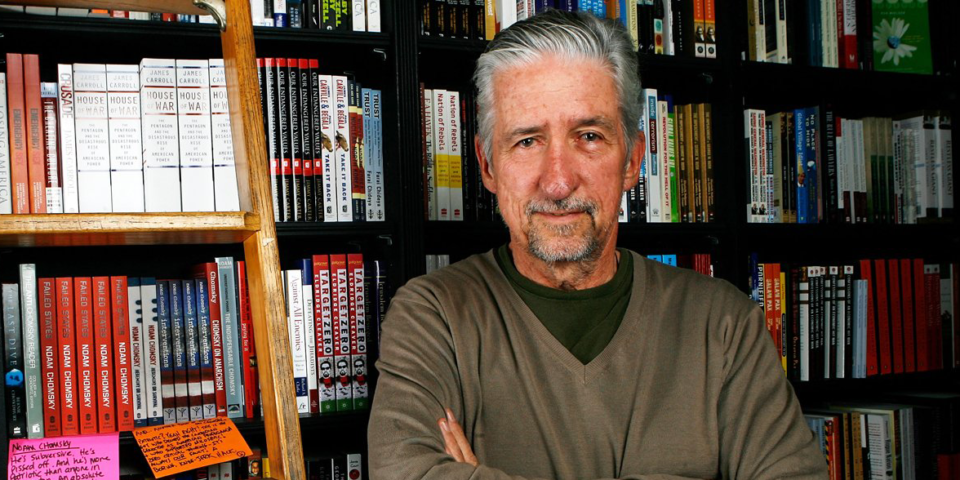
I was saddened to learn this morning about the death of Tom Hayden. I read a lot of his writings in the late 60s and early 70s, especially the very important political document of the times, The Port Huron Statement. I talked to Tom once in an airport when he was working on Jerry Brown’s campaign for President. Later I wrote him to ask about his LA-based group, Campaign for Economic Democracy, and he wrote back and answered my questions.
About ten years ago I was asked to give a lecture on “Students in the Sixties” for a history course at USC. I grabbed my old copy of The Port Huron Statement and after leaving work around 5:30 I walked across the street to the old Figueroa Hotel where I often sat at a little table in the mezzanine overlooking the hotel lobby, next to the bar and wrote. No one was there so it was very quiet as I started re-reading the Statement and began writing my lecture.
After about an hour, I heard someone walking up the steps. I heard a voice ask, “Is the bar opened up here?”
“No,” I replied. “It’s only open up here when the large bar downstairs is rented for a private party.”
“Ok, thanks,” he responded. I turned around in my chair and imagine my surprise!
“Tom, come here! Take a look at what I am reading! What a coincidence!”
He came over and we laughed together. He said “C’mon downstairs and let me buy you a beer.”
I agreed and we had a good chat for about 45 minutes, mostly sharing old war stories (or I should say, anti-war stories). Then Tom said, “Come out to my car for a minute” and I followed. He opened the trunk and took out two of his latest books and handed them to me. “Just like the old times,” I said, “Handing out political tracts from the trunks of our cars.” He laughed, shook my hand, and we said good bye. I never saw him again.
– Darryl Holter
Darryl Holter grew up playing the guitar and singing country and rock and roll songs in Minneapolis, Minnesota. His current brand of Americana music draws from country, blues and folk traditions and often tells stories about people, places and events.
Besides his music, Holter has worked as an academic, a labor leader, an urban revitalization planner, and an entrepreneur. Most recently he has done archival research and written on Woody Guthrie in Los Angeles, 1937 to 1941.

